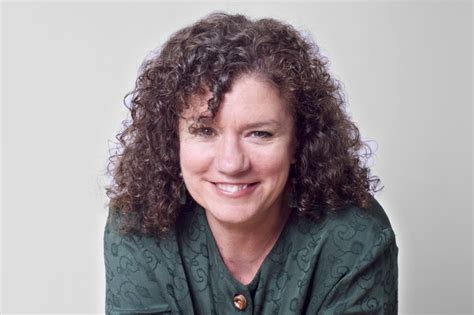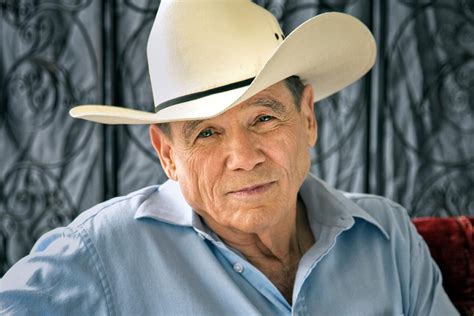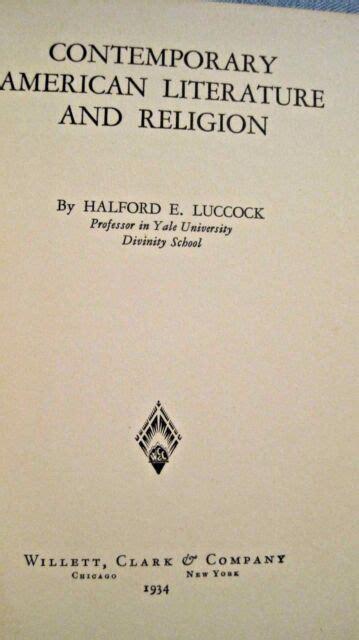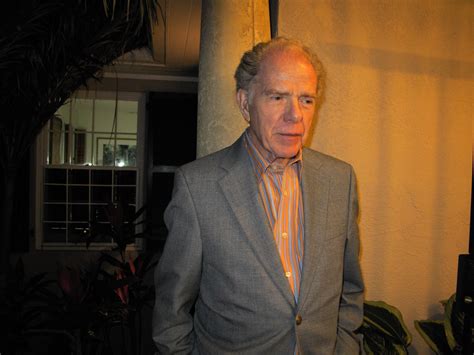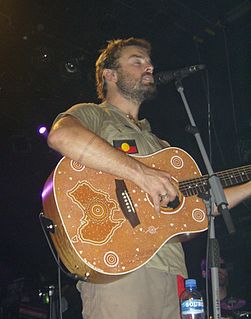A Quote by Sally Rooney
Writing in the first person, you immediately open yourself up to the idea that there's a connection between you and the narrator.
Quote Topics
Related Quotes
Almost all of the stories in The Matchmaker, the Apprentice, and the Football Fan are told in the first person, yet, depending on the angle and distance of the narrator, they exert different effects. The best are those in which the speaker never poses as an objective outsider. (...) Other stories are damaged by the urge to distance the narrator.
It means abandoning being a poet, abandoning your careerism, abandoning even the idea of writing any poetry, really abandoning, giving up as hopeless - abandoning the possibility of really expressing yourself to the nations of the world. Abandoning the idea of being a prophet with honor and dignity, and abandoning the glory of poetry and just settling down in the muck of your own mindYou really have to make a resolution to write for yourself, in the sense of not writing to impress yourself, but just writing what your self is saying.
A lot of people will tell you the first step to starting something new is to have an idea. But to me the first step starts long before that. The first step to acting like an entrepreneur is to look not at the writing on the wall but at the spaces between the writing. It's in the gap between what's being said and what's not being said that entrepreneurs thrive. The way to get going is to find the courage to take your dream out of your head and put it to the test in the real world. Don't just think it; act on it.
I wanted to be a director first to protect my writing. I'm a playwright and you don't need to protect your writing when you're in the theater because everyone's there to protect the writing. When I had an idea for a film that I really cared about as my own, I wanted to direct it, and then I immediately became interested in directing in and of itself because it's such a deep art. You suddenly have all these tools at your disposal to tell the story.
My first instrument was my voice. I was always singing and writing melodies when I was a little kid. I just sort of taught myself whatever was around. If there were instruments around, I'd play them. I always liked the idea of not being shown but coming up with my own energetic connection to the instrument.

